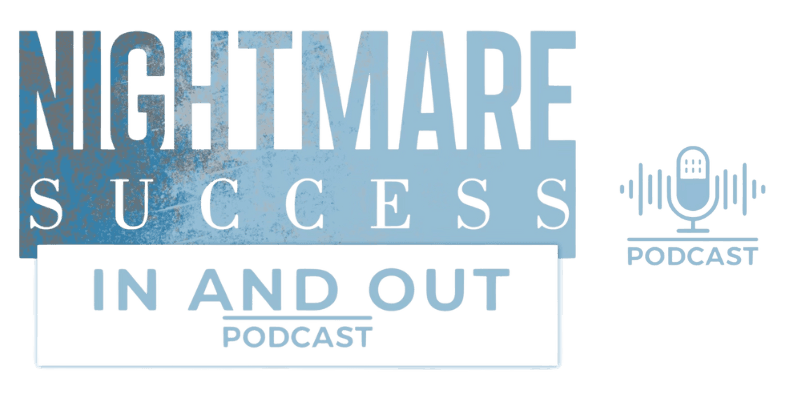
White Collar Prison, Part One
White-Collar Prison. An Essay By John DiMenna. Originally Published at Minutes Before Six. Reprinted With Permission.
A Different Kind of Hell.
You can survive prison, and you can recover from prison, but prison never leaves you. On certain days, it feels like afterlife; other days, like a typical workday, and most days a bad dream enduring the slow torture of meaningless, menial tasks. I lived among one hundred other inmates, more wilderness than community. There is nothing more solitary than living among the exiled.
In a crowded courtroom, the presiding Judge—a round Black man with a kind face—asked us to stand. Something deliberative about him, like an uncle you could confide in after failing an exam. Though momentarily reassured, my legs trembled as a group of investors stood behind me, silently pleading for the maximum sentence. Before sentencing, the Judge delivered a long narrative that was difficult to hear, the acoustics compromised by a high ceiling and a dizzying scent from the rich paneled wood that covered the walls. I could only grasp certain phrases and the last few sentences before he announced his decision.
He told me I had “already sentenced myself to a prison without bars,” something about a “prison of my own making,” and that I was not connected to humanity, “disconnected to what makes life meaningful and worthwhile.” Then, after a short pause, he sentenced me to eighty-five months in prison for two counts of wire fraud. He said I had a challenging life ahead. I was seventy-six years old. With eighty-five months of incarceration looming, my life was over.
I left the courtroom in disgrace, leaving my family, company, and investors in financial ruin, the disconnect from humanity complete. I was assigned to a prison camp in a remote area north of Boston, FMC Devens, a former military base where the Spanish Flu began. My pre-prison research advised me to make friends slowly, live under the radar and become a ghost to the staff. A muddled brotherhood was waiting for me.
Federal prison camps represent the lowest level of security in the Bureau of Prison’s system. Camp facilities are not like traditional prisons. There are no cells or bars or perimeter walls to climb. They are more like military barracks where inmates reside in a dormitory. Residents there are primarily non-violent offenders and others who have earned a place there based on good behavior at higher security institutions. Most were close to their release date and motivated not to cause trouble. It was a diverse group of inmates, including drug dealers, gang members, violent offenders, and white-collar criminals.
The Bureau of Prisons— BOP in inmate parlance—is the federal agency that manages the entire federal prison system and the community of criminals who have violated federal laws. Its’ mission is purportedly to protect the community and reclaim the criminal citizenry—the measure of its viability as a social institution. Unfortunately, like most bureaucracies, its primary mission has become its own preservation.
For inmates, the BOP is an all-encompassing amalgam of every oppressive institution that has confronted them during their lifetimes, whether familial, academic, religious, or governmental authority. And for many, its authority extended to their funeral and burial. At Devens, the cemetery for departed inmates lay next to the camp’s recreation area, perfect rows of pure white crosses.
An eerie tableau and a portent of things to come.
John DiMenna is a member of the Ministry’s White Collar Support Group that meets every Monday evening on Zoom.
